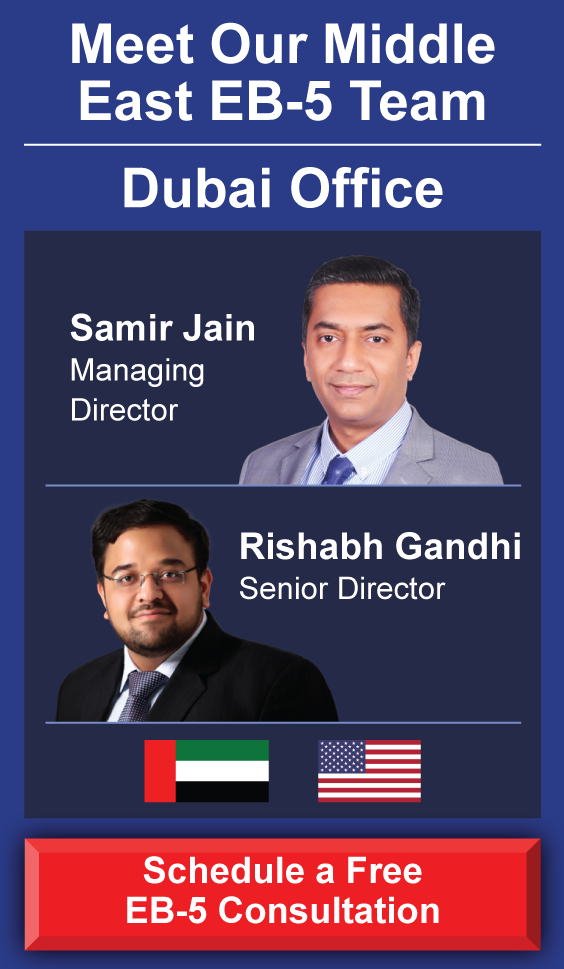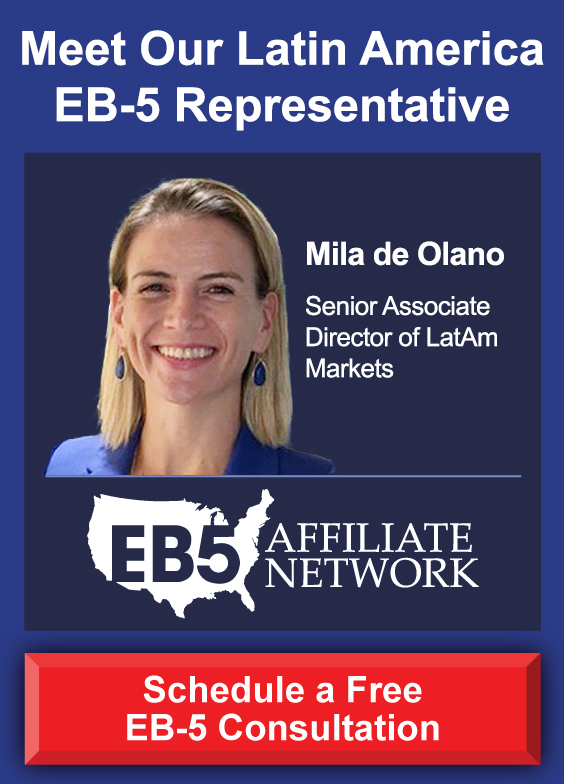Over the last 30 years, Vietnam has developed from one of the poorest nations in the world into one of the fastest-growing economies. This increase in wealth and the search for better opportunities have led to a rise in wealthy Vietnamese EB-5 investors.
Wealth and Economy
The number of millionaires in Vietnam has skyrocketed by more than 400% in a decade, totaling more than 14,000 in 2016 and surpassing the total number in neighboring countries such as the Philippines. Centimillionaires—those worth at least $100 million—are also multiplying. Vietnam’s wealth growth rate surpassed even that of China from 2007 to 2017.
Political Landscape
As in China, Vietnam’s government is run by a communist party that closely monitors the movement of its people and assets. This gives the government the ability to seize possessions and property as it sees fit. However, so far this has not deterred Vietnam’s numerous foreign investors from doing business in the country.
Crime and Safety
Crime against foreigners in Vietnam is generally limited to petty theft but has been increasing in recent years. Vietnam also has become a hotspot for cybercrime targeting governments, businesses, and bank accounts. Because bribery and corruption are common in the country, affluent Vietnamese often look to the U.S. as a viable alternative.
Environmental Conditions
Like India and China, Vietnam is notorious for bad air and water quality that is only worsening as its economy grows. Low energy prices and underfunded public transportation systems have compounded the crisis, with mopeds and cars clogging the city streets. Other contributors are deforestation, weak emissions regulations, and substandard waste treatment. The Vietnamese government is making efforts to combat these issues before they intensify, but many wealthy Vietnamese are looking elsewhere for cleaner living situations.
Educational Quality
Vietnam’s state-run school system continues to struggle with inequality and ineffective teaching methods, although the government is working to revamp the system. In recent years, the English requirement in most schools has greatly increased English literacy. However, school curricula still focus on rote memorization over writing, extracurriculars, and critical thinking.
EB-5 Project Selection Preferences
As in China, Vietnamese investors tend to favor large, conspicuous projects sporting established brand names. Vietnamese EB-5 investors often prefer to start their own enterprise with local Vietnamese partners or to select a project being developed by a Vietnamese developer or sponsor. EB5AN regularly works with Vietnamese project developers and sponsors to assemble the required project documents using an I-526 template. EB5AN also provides regional center sponsorship under one of its 14 USCIS-approved regional centers for projects seeking Vietnamese EB-5 investors.
Capital Flow and Other Challenges with the EB-5 Process
Because of its communist ideology, the government in Hanoi exercises tight control over money flowing in and out of the country. Consequently, it can be challenging for Vietnamese EB-5 investors to funnel money out of Vietnam and into projects in the U.S.
Marketing Channels for Investors
Immigration brokers in Vietnam tend to be more concentrated than in India, with a few experienced agents dominating the EB-5 market. However, the Vietnamese market is not quite as monopolistic as in China, leaving Vietnamese EB-5 investors with a few more options to choose from.










